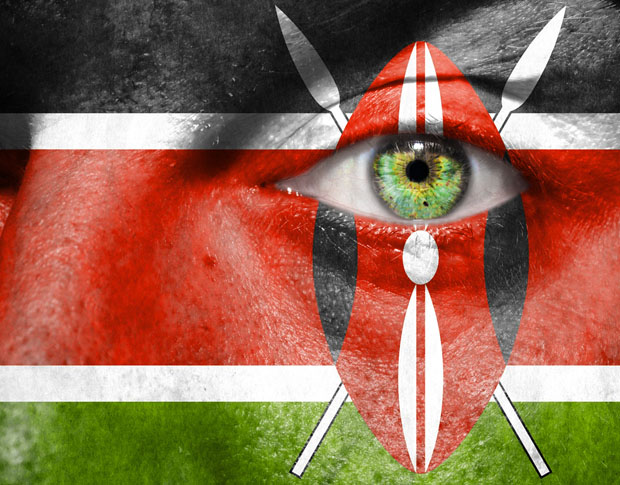
(Image: Semmick Photo/Shutterstock)
The Kenyan government’s directive to schools to use tribal mother tongues as the main language of instruction in junior school classes has elicited mixed reactions among the country’s education stakeholders. Teacher’s unions and sections of Kenyan society fear it will promote ethnic division, and separate children along tribal lines.
The unions have come out guns blazing against the directive. The Kenya National Union of Teachers (KNUT) has labelled the directive completely “analogue”, and Secretary General Mr. Wilssion Sossion said they were not consulted before it was issued. He added that the unions cannot be overlooked in these cases, and urged the Ministry of Education to suspend the directive and initiate wider consultations.
Omboko Milemba, the chairman of the Kenya Union of Post Primary Education Teachers (KUPPET), argues that directing teachers to teach in mother tongue at the lower level — class one to three, which come after nursery school and kindergarten — will serve to increase the tribalism that is already rampant in the country.
Teaching in vernacular can only work in rural areas where people from one tribe largely reside in the same place. In urban areas, however, where people from various tribes mingle, as pupils and teachers come from different tribal settings and backgrounds, it will be a challenge to enforce the directive.
Another point being raised is whether there are even enough teachers to implement the plan. According to KNUT the country needs close to 80,000 additional teachers to boost the education sector. There is a further problem in the case of smaller tribes, like the Elmolos and Ogieks, as it will be difficult to get enough teacher who can teach in their languages.
John Wesonga, from the Kakamega County Kenya National Union of Teachers says the government is confusing Kenyans with a lot of poorly planned programmes and directives. He insists they should concentrate on the promise by President Uhuru Kenyatta to give class one pupils laptops, instead of coming up with a new proposal to make Kenyans forget this earlier pledge.
Busia County KNUT branch Executive Secretary Mark Oseno, added that the directive will cause a lot of confusion in the curriculum development if implemented, as it will be applied selectively. “If the disadvantages outweigh the advantages, then it is not advisable to reintroduce mother tongue in lower classes,” he said.
A few of those in support of the plans say exposing children to their mother tongue will help them cope faster with learning a subsequent second language. Those against, however, stress the need for the government to consult education stakeholders across Kenya’s 47 counties, to prevent a plan that will divide pupils along tribal lines.
This article was published on 19 February 2014 at indexoncensorship.org




